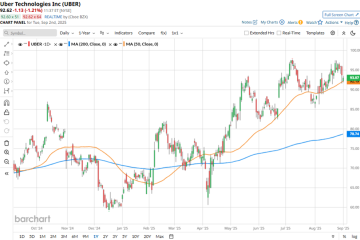Assessing the Legacy of Muhammadu Buhari in Nigeria

Introduction
Muhammadu Buhari, the former President of Nigeria, served two terms from 2015 to 2023, and his leadership has greatly influenced Nigeria’s political landscape. His administration’s focus on anti-corruption, economic reforms, and security has garnered both praise and criticism. Understanding Buhari’s impact is essential in assessing the current state of Nigerian governance and the challenges that lie ahead.
Key Achievements
During Buhari’s tenure, the government made significant strides in combating corruption, which was one of his primary campaign promises. The establishment of the Presidential Enabling Business Environment Council (PEBEC) aimed to enhance the ease of doing business in Nigeria. Additionally, the administration initiated programs like N-Power to address youth unemployment and the Social Investment Program to support vulnerable groups.
Challenges Faced
Despite these efforts, Buhari’s administration faced numerous challenges including economic recession, insecurity issues, and public health crises. The country experienced increased attacks from insurgency groups such as Boko Haram and rising banditry in the northern regions. Public dissatisfaction grew over the handling of these security issues, which led to protests, notably the #EndSARS movement in 2020 against police brutality.
Foreign Relations and Partnerships
Buhari’s foreign policy focused on strengthening ties with other African nations and ensuring Nigeria’s role in regional stability. He championed efforts towards the African Continental Free Trade Agreement (AfCFTA) and worked to enhance Nigeria’s standing within the African Union. His administration also emphasized partnerships with countries like the United States and China to boost investment and trade.
Conclusion
The legacy of Muhammadu Buhari is a complex tapestry of accomplishments and ongoing challenges. As Nigeria moves forward, the lessons learned from his administration will be crucial in shaping the future of governance in the country. The next administration will need to address the issues of security, economic recovery, and public trust, informed by Buhari’s experiences. Observers will be keen to see how the policies initiated under Buhari continue to evolve as Nigeria navigates its post-Buhari era.









